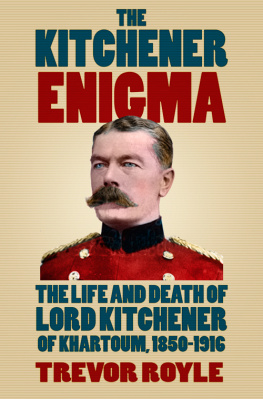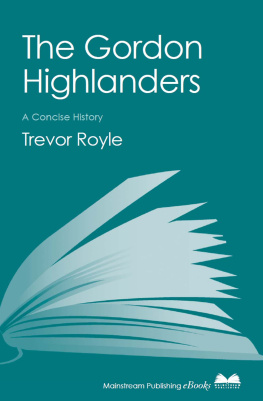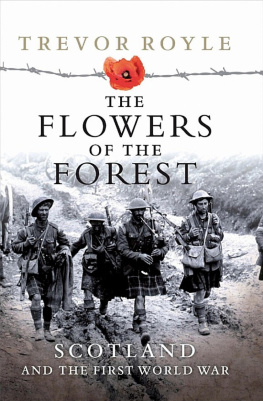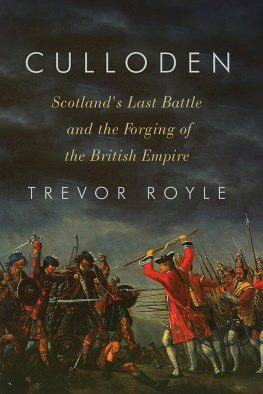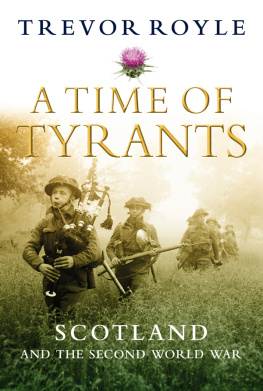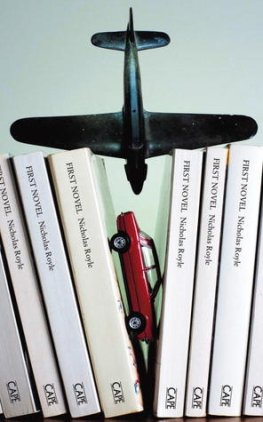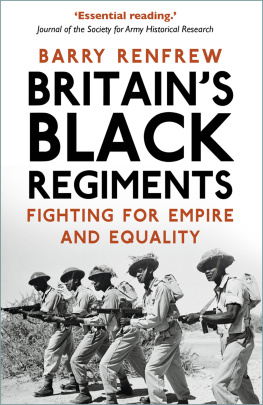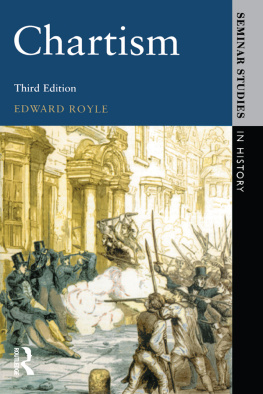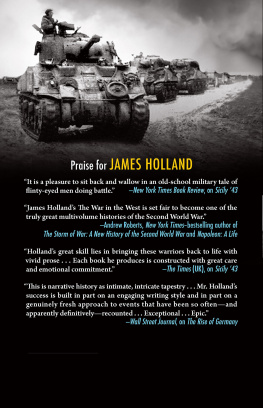Trevor Royle - Britains lost regiments : the illustrious bands of brothers time has forgotten
Here you can read online Trevor Royle - Britains lost regiments : the illustrious bands of brothers time has forgotten full text of the book (entire story) in english for free. Download pdf and epub, get meaning, cover and reviews about this ebook. year: 2014, publisher: Aurum, genre: Non-fiction. Description of the work, (preface) as well as reviews are available. Best literature library LitArk.com created for fans of good reading and offers a wide selection of genres:
Romance novel
Science fiction
Adventure
Detective
Science
History
Home and family
Prose
Art
Politics
Computer
Non-fiction
Religion
Business
Children
Humor
Choose a favorite category and find really read worthwhile books. Enjoy immersion in the world of imagination, feel the emotions of the characters or learn something new for yourself, make an fascinating discovery.

- Book:Britains lost regiments : the illustrious bands of brothers time has forgotten
- Author:
- Publisher:Aurum
- Genre:
- Year:2014
- Rating:3 / 5
- Favourites:Add to favourites
- Your mark:
- 60
- 1
- 2
- 3
- 4
- 5
Britains lost regiments : the illustrious bands of brothers time has forgotten: summary, description and annotation
We offer to read an annotation, description, summary or preface (depends on what the author of the book "Britains lost regiments : the illustrious bands of brothers time has forgotten" wrote himself). If you haven't found the necessary information about the book — write in the comments, we will try to find it.
Britains lost regiments : the illustrious bands of brothers time has forgotten — read online for free the complete book (whole text) full work
Below is the text of the book, divided by pages. System saving the place of the last page read, allows you to conveniently read the book "Britains lost regiments : the illustrious bands of brothers time has forgotten" online for free, without having to search again every time where you left off. Put a bookmark, and you can go to the page where you finished reading at any time.
Font size:
Interval:
Bookmark:
LOST REGIMENTS
BANDS OF BROTHERS
TIME HAS FORGOTTEN

1660: | Restoration of the Stuarts and the disbandment of Cromwells New Model Army followed by formation of the first standing army known as our guards and garrisons. |
1685: | Monmouths rebellion and the first expansion of the standing army. Infantry regiments named after their founding Colonels. |
1751: | Infantry regiments lose Colonels names in their titles and are numbered in order of precedence under Royal Warrant. |
1782: | Infantry regiments without royal titles are provided with territorial titles to aid recruiting. |
1858: | European infantry regiments of the Honourable East India Company are placed under the authority of the Crown and are renumbered in the British Army three years later. |
1873: | Reform of the infantry system by Secretary of War Edward Cardwell and the introduction of a localisation scheme to aid recruiting by linking regiments in joint depots. |
1881: | Further reform of infantry system by Secretary of War Hugh Childers to form two-battalion regiments with territorial titles and with supporting Militia battalions. |
1908: | Formation of the Territorial Force (later Territorial Army). |
1914: | Expansion of the army to meet the manpower needs of the First World War. Line infantry regiments raise Service battalions for duration of hostilities and expand their Territorial battalions. |
1922: | Five Irish infantry regiments disbanded following the formation of the Irish Free State. |
1947: | Line infantry regiments lose their 2nd battalions. |
1957: | Announcement of the end of post-war National Service and reduction in size of army. Fifteen pairs of infantry regiments are chosen for amalgamation within fourteen brigades. |
Font size:
Interval:
Bookmark:
Similar books «Britains lost regiments : the illustrious bands of brothers time has forgotten»
Look at similar books to Britains lost regiments : the illustrious bands of brothers time has forgotten. We have selected literature similar in name and meaning in the hope of providing readers with more options to find new, interesting, not yet read works.
Discussion, reviews of the book Britains lost regiments : the illustrious bands of brothers time has forgotten and just readers' own opinions. Leave your comments, write what you think about the work, its meaning or the main characters. Specify what exactly you liked and what you didn't like, and why you think so.

